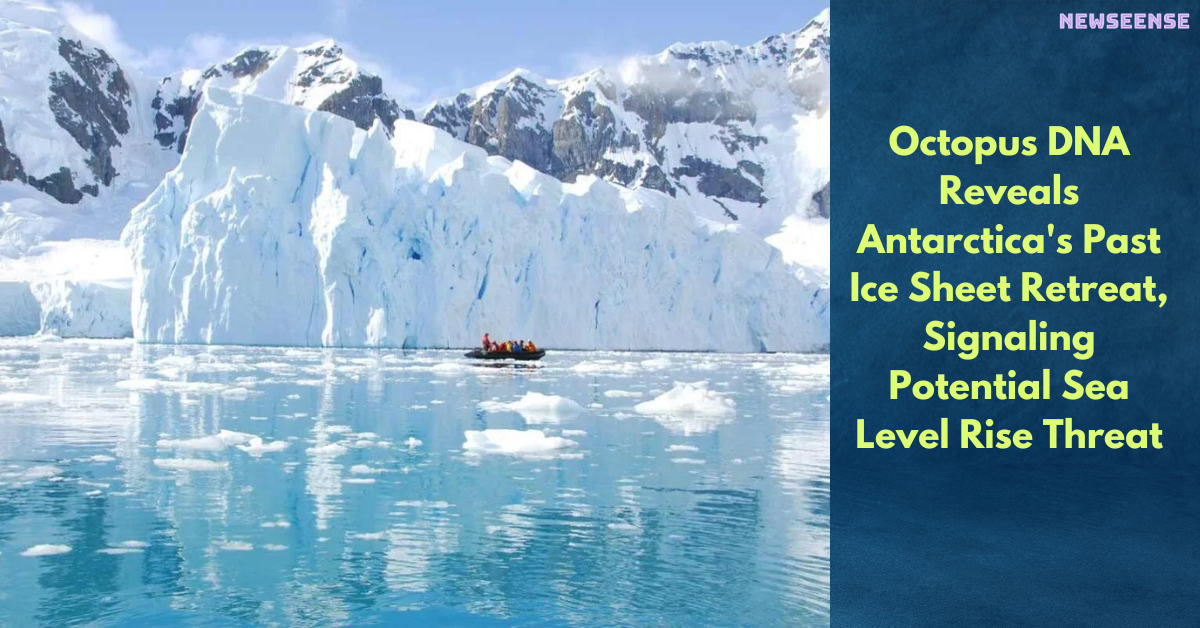
Scientists exploring the historical retreat of Antarctica‘s ice sheets have employed a unique method: studying the genes of octopuses inhabiting its frigid waters. A recent analysis, published in Science, unveils insights into the behavior of these eight-limbed creatures around 125,000 years ago, indicating an ice-free corridor during a period with temperatures akin to the present day.

Lead author Sally Lau of James Cook University in Australia explains how the octopus, specifically Turquet’s octopus, was an ideal candidate for this study due to its wide distribution around Antarctica and the wealth of existing scientific knowledge about the species. The research suggests that the West Antarctic Ice Sheet (WAIS) may be closer to collapse than previously estimated, posing a threat of 3.3-5 meters of long-term sea level rise if global temperatures exceed the 1.5 degrees Celsius target set by the Paris Agreement.
By analyzing the DNA across genomes of 96 octopus samples collected over 33 years as fishing bycatch and stored in museums, the researchers uncovered evidence of trans-West Antarctic seaways that connected the Weddell, Amundsen, and Ross seas. The genetic history points to two instances of WAIS collapse, with the most recent occurring during the Last Interglacial period, approximately 129,000 to 116,000 years ago.
The study suggests that the tipping point for a future WAIS collapse may be close, given the parallels between past temperatures and the current global warming scenario caused primarily by human activities. A sea level rise of 3.3 meters would have profound implications for low-lying coastal areas worldwide.
While the research is groundbreaking, some key questions remain unanswered, such as the precise causes of past ice sheet collapses and the potential timeline of future sea level rise. Despite uncertainties, the study underscores the urgency of addressing climate change and its far-reaching consequences. In an accompanying commentary, experts noted the significance of this evidence from octopus DNA and emphasized the imperative need for proactive measures against climate change.
Also read: https://newseense.com/scientists-converse-with-alaskan-humpback-whale/